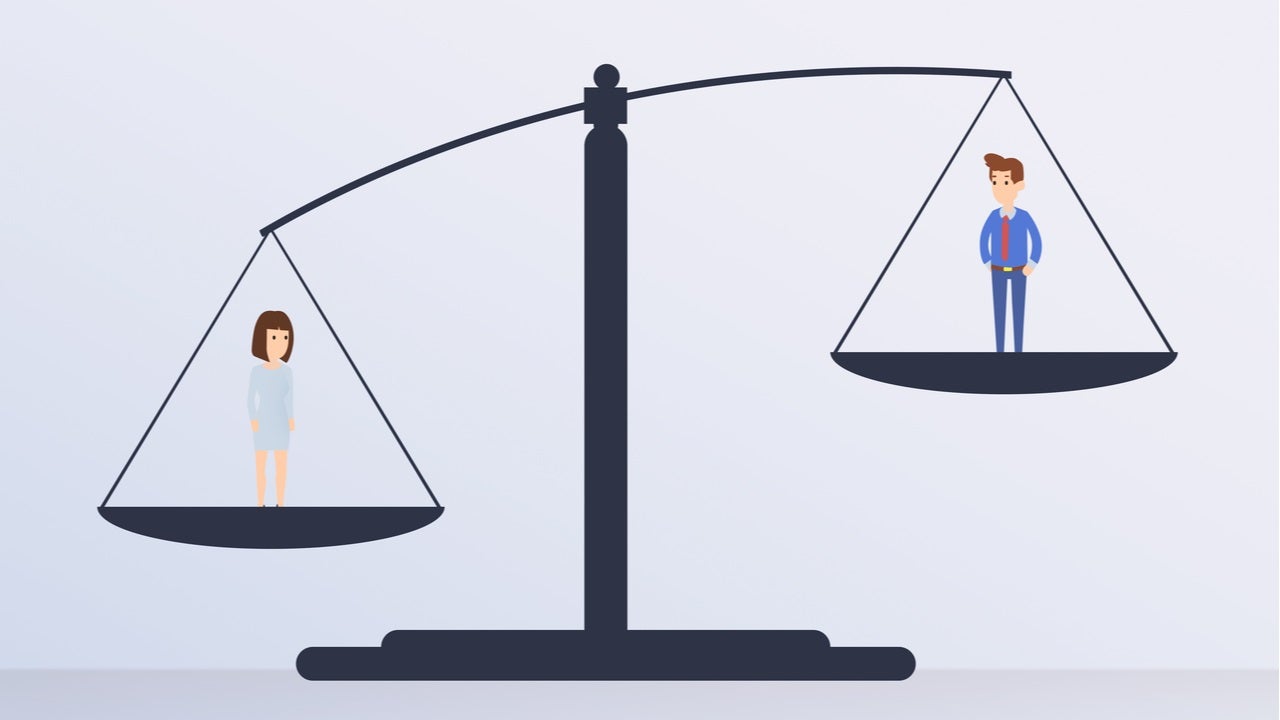The Covid-19 pandemic is forcing millions of women to rethink their employment status as they are forced to stay home and take care of their children in the absence of childcare. The decline in the number of women in the workforce will not only impact economic recovery but also increase the gender wage gap. Macroeconomic influencers share their views on the Covid -19 impact.
Heather Long
Heather Long, Washington Post economics correspondent, shared an article on how the Covid-19 pandemic is disproportionately affecting women, who were instrumental in pulling the US out of the last recession. The pandemic is expected to undo years of economic gains made for women. The majority of the impact is expected to be on women of colour and women with children.
The unemployment rate among Black and Hispanic women is estimated at more than 10%, according to data from the US Labor Department. Further, many women aged between 25 and 54 are leaving the workforce to care for their children increasing the participation gap between men and women.
Even after a vaccine is found millions of women may still not be able to return to the workforce, which will slow down economic recovery and increase the wage gap between men and women.
America's first "female recession" has erased years of gains for women in the workplace.
"Tens of millions of women may never return to the labor force, even after a vaccine is found"
 GlobalData Strategic Intelligence
GlobalData Strategic IntelligenceUS Tariffs are shifting - will you react or anticipate?
Don’t let policy changes catch you off guard. Stay proactive with real-time data and expert analysis.
By GlobalDataSobering report from @livrockeman @readep @catarinasaraiva https://t.co/rPPJH3nVoR
— Heather Long (@byHeatherLong) September 30, 2020
Konstantina Beleli
Konstantina Beleli, European civilisation economist, shared an article on the US Federal Reserve’s plans to limit capital payouts by 34 big banks such as JP Morgan Chase, Citigroup, Wells Fargo and Bank of America. These banks will be prohibited from making share buybacks and will also need to cap dividends.
The move is aimed at ensuring lenders have sufficient capital to handle the economic impact of the pandemic. Banks will not be able to pay higher dividends than that paid in the second quarter, under the new policies.
Fed to extend curbs on big bank buy backs, dividends through end of year. https://t.co/8NCbQY5mdc
— CNBC (@CNBC) September 30, 2020
Marshall Steinbaum
Marshall Steinbaum, assistant professor of economics at the University of Utah, shared an article on how small corporations are at risk of being taken over by large corporations amid the pandemic. More than 400,000 small businesses have perished, while millions more are at risk due to the impact of the pandemic.
Large corporations had higher cash reserves at the start of the pandemic and received tax reduction benefits apart from subsidised loans from the Federal Reserve. These corporations, therefore, are better positioned to handle the impact of the pandemic compared to smaller businesses.
The article notes that to avoid these large corporations from acquiring small businesses, strong antitrust laws should be implemented. Further, merger guidelines should be updated to stop firms from acquiring based on the ‘failing firm defence’, the article added.
Note that prominent, “mainstream” economists were instrumental in killing the pandemic merger moratorium proposed by AOC, Sanders, Warren, and others. https://t.co/8ddtqnYGdO
— Marshall Steinbaum 🔥 (@Econ_Marshall) September 30, 2020
Claudia Sahm
Claudia Sahm, policy analyst, shared an article on the trend in job postings in the US, which is a measure of labour market activity. Data from Indeed.com, an employment-related search engine, indicates that trend in job postings was 17.5% lower than that of the same period in 2019. This is the lowest gap observed since March when trend in job postings was 39.3% lower than that in 2019.
The trend improved over May, June and July before stagnating at 20% in August and improving in September. The hospitality and tourism sector is the most affected with postings remaining below 40% compared to 2019. Job postings, however, have improved in sectors such as construction, driving, loading and stocking, and childcare. Slow rebound in dental and beauty and wellness sectors has also been observed.
Job postings for high-wage sectors have declined the most by 23% compared to 2019. Further, job postings have declined the most in bigger metros at 25% compared to 7% in smaller metros.
It's a big-city recession. Job postings are down 25% in the largest metros but down just 7% in the smallest metros. https://t.co/yA5sPh7CwL
— Jed Kolko (@JedKolko) September 30, 2020
Christophe Barraud
Christophe Barraud, an economist, shared an article on China’s five year plan aimed beyond growing its gross domestic product (GDP). China’s development plan for 2021-25 is expected to be focused on the quality of growth and security.
China till now has focused on the speed of growth to maintain a medium to high economic growth rate. For the next five year plan, however, the country plans to focus on high-quality growth. China is expected to face challenges from external factors including protectionism adopted by other countries, the article added.
https://twitter.com/C_Barraud/status/1311181742649245696




